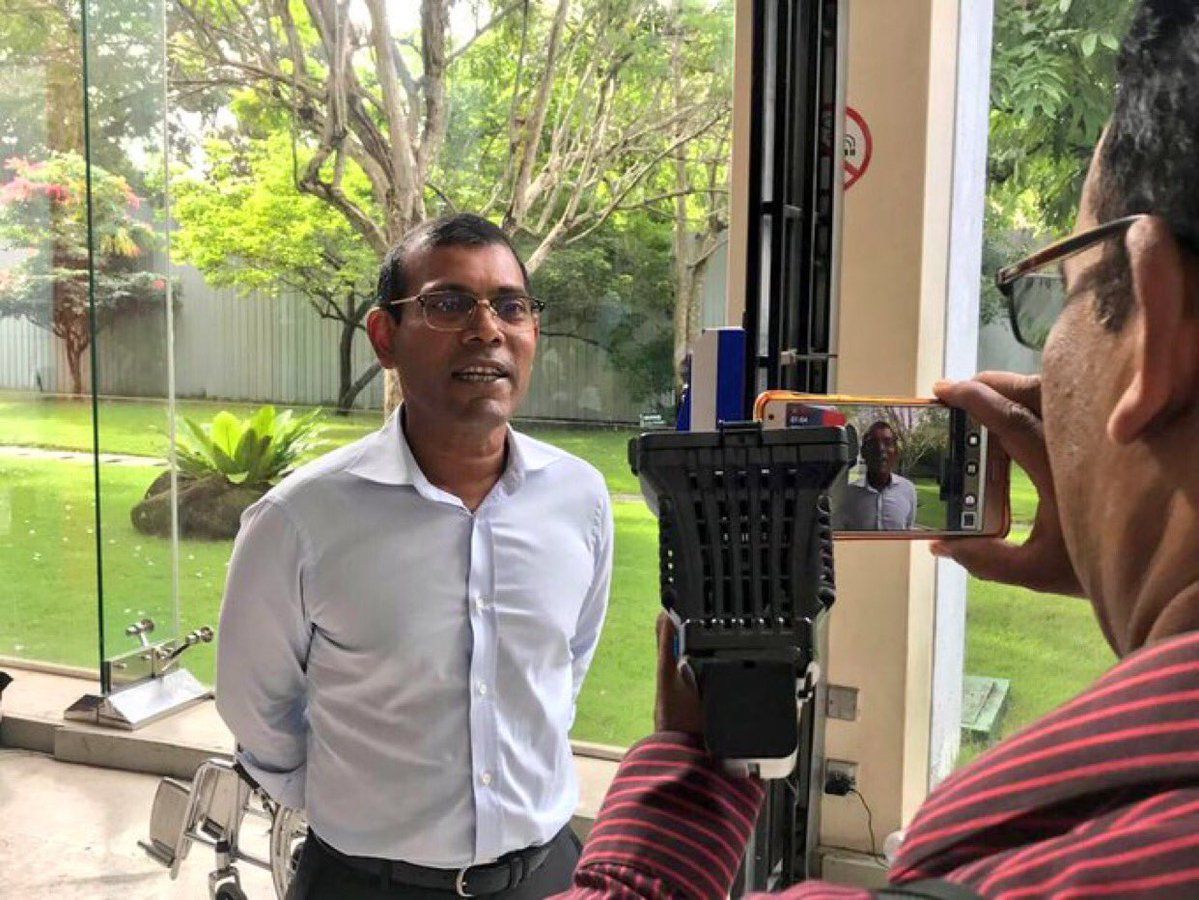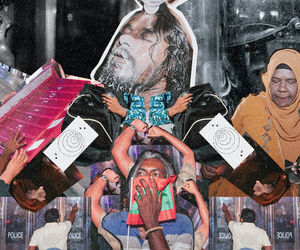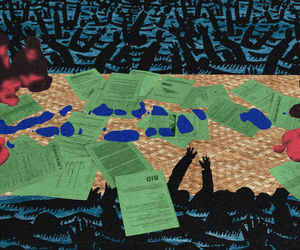Mohamed Nasheed, the Maldives and the MDP
Nasheed’s decision not to run for president shocked, and even divided, the party he leads.

11 Jul 2018, 09:00
Natasha Naushad
It was a tweet that shocked the Maldives and the international community.
“In light of the fact that @ElectionsMv have written to MDP saying I can’t contest in the upcoming presidential elections, I have decided to relinquish my presidential ticket,” said Mohamed Nasheed.
The former president followed up on his promise, announcing he was stepping aside as his party’s candidate a few days later.
In a heartbeat, tens of thousands of Maldivians realised their preferred candidate’s name would not be on the ballot paper this September.
Become a member
Get full access to our archive and personalise your experience.
Already a member?
Discussion
No comments yet. Be the first to share your thoughts!
No comments yet. Be the first to join the conversation!
Join the Conversation
Sign in to share your thoughts under an alias and take part in the discussion. Independent journalism thrives on open, respectful debate — your voice matters.




